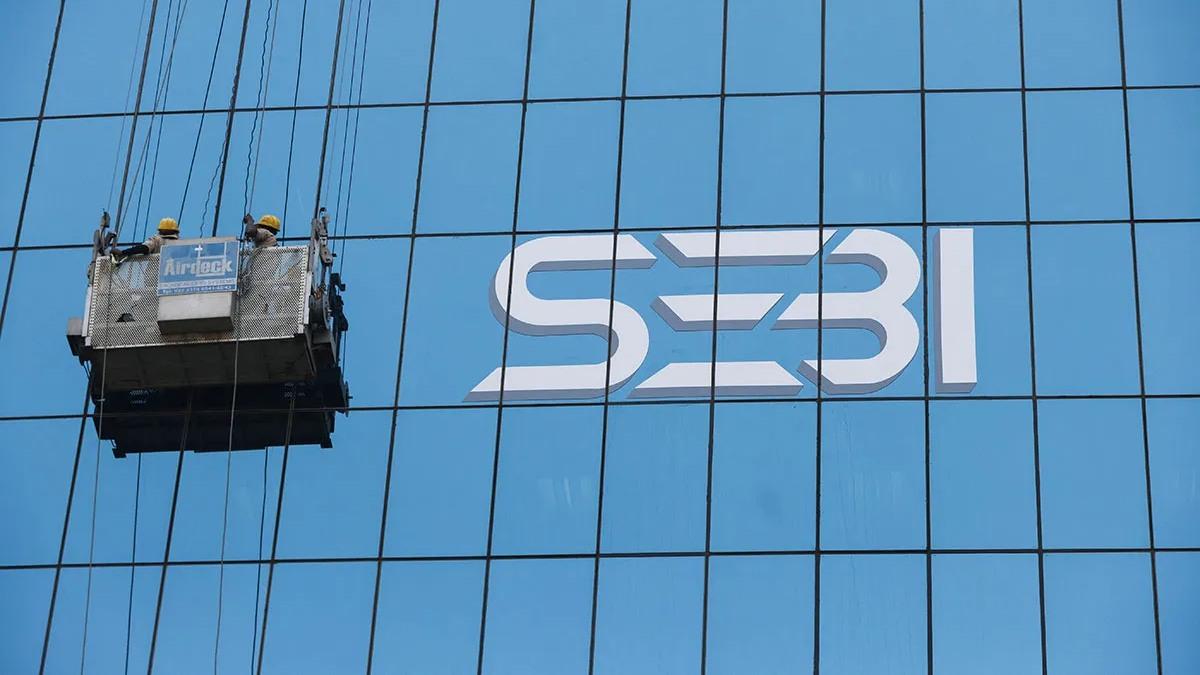‘Periods of vacancy, which have become more common in recent years, can affect the pace of decision-making.’

Photograph: Francis Mascarenhas/Reuters
With the government yet to fill two vacant positions on the board of the Securities and Exchange Board of India (Sebi), key portfolios will once again be divided between just two whole-time members (WTMs).
Extended gaps between the end of a WTM’s tenure and the appointment of a successor have become routine, sparking concerns over continuity and momentum in SebI’s investigations and policymaking.
The government had invited applications for the two WTM posts in May and September, setting October 6 as the deadline.
Sources said several bureaucrats, along with a few internal Sebi officials, are in the fray.
Following the completion of Ashwani Bhatia’s tenure, his portfolios were redistributed among existing WTMs.
Now, with Ananth Narayan G — who issued the interim order against US high frequency trading firm Jane Street — demitting office, the board is left with only two WTMs.
Vacancies, however, are not new to the market regulator.
After the exits of S K Mohanty and Ananta Barua in 2023, Sebi functioned with an incomplete board for about two months before new WTMs were appointed.
Earlier, when G Mahalingam and Madhabi Puri Buch completed their terms, there was a gap of over six months before Bhatia’s appointment in 2022.
“Continuity at the Sebi board level is important as it supports both policy direction and adjudication of matters. Periods of vacancy, which have become more common in recent years, can affect the pace of decision-making and raise questions around continuity,” said Sumit Agrawal, senior partner, Regstreet Law Advisors, and former Sebi officer.
“Sebi’s professional staff ensures day-to-day functioning remains smooth, but the absence of a full board can still impact long-term policy momentum. It is also relevant to note that other board-level vacancies are expected within the next year, which makes timely appointments even more important,” Agrawal added.
In 2023, Sebi had to seek a modification in an order by the Securities Appellate Tribunal (SAT) due to the absence of a full board in a matter involving a broadcast and media firm.
In an earlier order, SAT had directed Sebi to appoint a different WTM for the investigation to remove bias as of the two WTMs who were available, one had passed the interim order while the other had been part of the settlement hearing in related matters.
Following Sebi’s request for modification, SAT allowed that the order be passed by an ‘authorised officer’ senior to a WTM.
Among Sebi’s officials, only the chairperson holds a higher rank than the WTMs.
“While whole-time members’ role is definitely a quasi-judicial one, it is equally important on the administrative and law-making front as well. So, a vacuum not only impacts enforcement but the overall administrative functions too,” said Shruti Rajan, partner, Trilegal.
“The idea of a quasi-judicial authority, as it exists today, has been a great pivot by Sebi to manage such externalities,” Rajan added.
Another expert with regulatory experience said the upcoming appointments are unlikely to bring in a new face from the private sector.
“With complex organisations such as Sebi, it takes nearly a year for the new members to understand (things). It may impact the continuity of critical cases. Sebi being an autonomous body, it needs people with stature, integrity, experience, commitment, and honesty,” said the expert quoted above.
Tenures of former WTMs
- S Raman: December 28, 2012 to September 6, 2017
- G Mahalingam: November 9, 2016 to November 8, 2021
- Madhabi Puri Buch: April 5, 2017 to October 4, 2021
- SK Mohanty: June 25, 2018 to June 23, 2023
- Ananta Barua: August 1, 2018 to July 31, 2023
- Ashwani Bhatia: June 1, 2022 to May 31, 2025
- Ananth Narayan G: October 10, 2022 to October 9, 2025
Feature Presentation: Rajesh Alva/Rediff




